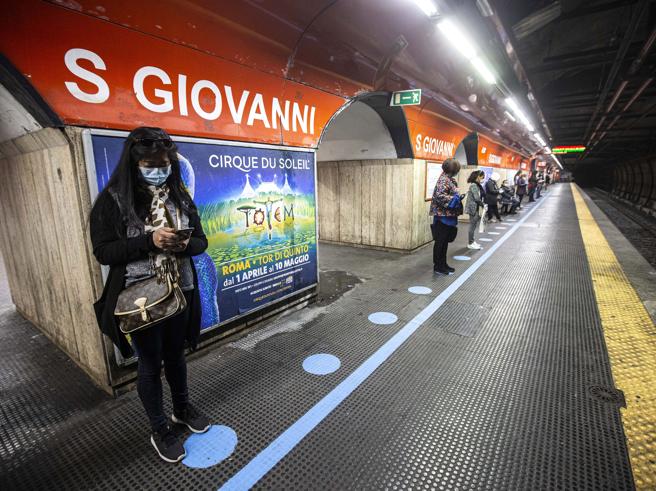What are the advantages of Ticketing
One solution to the post-pandemic is ticketing; It is a process of managing tickets for events, concerts, theatrical performances, football matches, and other events that require access through a ticket. Ticketing has become a very important industry in the last decades, with many companies offering online ticketing services.
The ticketing industry has evolved considerably thanks to technology. The first ticketing systems were based on direct ticket sales through physical points of sale such as theater and stadium box offices. Today, the majority of tickets are sold online through specialized websites.
The advantages of using an online ticketing system are manifold. Firstly, customers can conveniently purchase tickets from their homes, without having to physically go to a ticketing outlet. Thanks to specialized ticketing platforms, many operations can be automated, such as ticket generation and distribution, reservation and refund management, collection of data on participants, and secure and compliant data management according to privacy regulations.

Advantages of ticketing
Railway fares post-pandemic: how to adapt to the new habits of commuters who work from home
Traditional railway tickets are generally structured based on the average working days, with prices modeled around peak hours and weekly subscriptions. However, since many people are currently working from home, should fares and tickets change to reflect commuters' new habits?
Accelerating a change that has already taken place
The pandemic has severely disrupted most commuters' habits, but according to Paul Tuohy, CEO of the British non-profit group Campaign for Better Transport, signs of a change in passengers' work behaviors were present long before Covid-19.
Commuter tickets have not kept pace with modern working patterns for many years," he says, citing research from the UK's Office for National Statistics. The number of people working part-time and flexibly was increasing even before the pandemic, and with millions of people set to continue working from home for at least part of the week for the foreseeable future, if not permanently, the need for a more flexible approach to commuter tickets is imperative," he adds.
But this transition would have taken much longer if it weren't for the pandemic, which brought railway services to a near halt globally, with a strong impact on revenues. ITV data show that rail utilisation fell to 23% of pre-Covid-19 levels between March and August.
Covid accelerated the ticketing process
The Covid-19 crisis has had a seismic effect on commuters' habits, with the number of train trips dropping to the lowest level since the mid-19th century.
One of the most evident consequences of the pandemic is the need to reevaluate the concept of fares. This is currently under consideration in Japan, where railway operator JR East is studying the possibility of adjusting its fare system based on traffic volumes, rewarding passengers who avoid peak hours. The key to achieving this goal will be a proper reform of the fare system that will support the introduction of digital, intelligent, and simpler tickets to better adapt to people's lifestyles.



